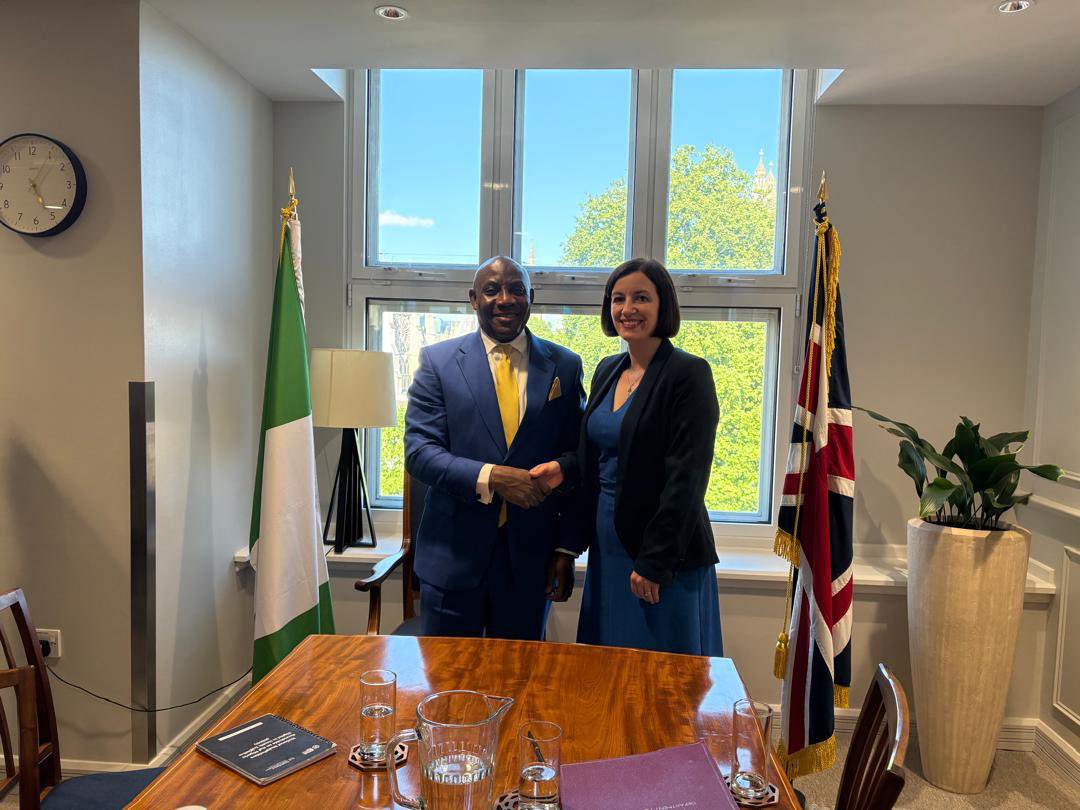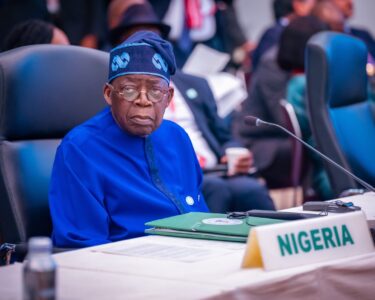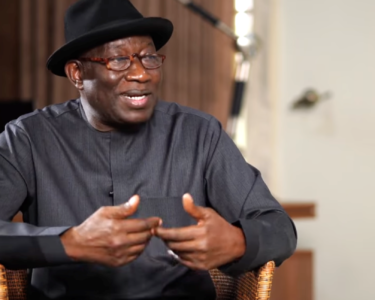Nigeria, UK Seek to Curb ‘Japa’
Agree on Education Reform and Transnational Partnerships
Summary
- Nigeria and the UK have initiated talks to curb mass emigration (“japa”) by reforming Nigeria’s education sector and expanding UK-Nigeria partnerships.
- The proposed initiatives include a new Technical and Vocational Education and Training (TVET) programme and discussions on a University of Birmingham campus in Lagos.
- While UK officials promote the value of international students, restrictive immigration policies have led to a sharp drop in Nigerian student inflows.
- Stakeholder reactions vary, with support in Nigeria and mixed views in the UK, amid broader debates on migration, education, and economic priorities.
UK — In a move aimed at addressing the growing emigration of skilled Nigerians, popularly known as the “japa syndrome”, Nigeria’s Minister of Education, Dr. Tunji Alausa, met with UK Secretary of State for Education, Bridget Phillipson, on May 19, 2025, to discuss how education reform and bilateral cooperation could offer local alternatives to migration.
The meeting, publicized via an X post and confirmed by official channels, forms part of broader efforts under President Bola Tinubu’s “Renewed Hope Agenda” to strengthen foundational education, early childhood learning, and technical and vocational education and training (TVET) across Nigeria.
Dr. Alausa stressed the urgent need to curb “japa”—a Yoruba term meaning “to flee”—which has come to describe the mass exit of Nigerians, particularly youth, seeking better educational and economic opportunities abroad.
The UK remains a top destination, with over 120,000 Nigerian migrants recorded in 2024, many arriving through student visas.
One of the key initiatives announced is the planned rollout of a nationwide TVET program on May 30, 2025. Discussions also included the potential establishment of a University of Birmingham campus in Lagos—a move stakeholders believe could offer high-quality alternatives to studying overseas.
A Migration Crisis in Numbers and Policy
The drive to reduce migration comes amid growing concern about brain drain. A 2023 study highlighted how Nigeria’s educated and skilled workforce continues to fuel economic growth in other countries while local development stagnates.
In contrast, the UK, while benefiting from this influx, is grappling with its own policy contradictions. Education Secretary Bridget Phillipson has publicly acknowledged the economic contributions of international students, citing figures that place their value to the UK economy at £100,000 per head.
Yet, since the Labour Party took power in 2024, immigration policies inherited from the Conservative government remain largely in effect, including limits on student dependants and increased salary thresholds for skilled worker visas.
These measures have led to a 68% drop in Nigerian student enrolments in the UK during the first half of 2024. Universities, many of which rely heavily on international tuition, now face financial crises, adding pressure on the UK government to revisit its approach.
Phillipson has signaled willingness to review these policies but remains constrained by Labour’s broader goal of reducing net migration, which fell to 431,000 in 2024—a 49.9% decline from the previous year.
Mixed Reactions from Stakeholders
In Nigeria, the proposed reforms have received a warm reception. Social media users and education advocates commend Dr. Alausa’s proactive approach. Commentators such as @MrLekanAdigun view the Nigeria-UK collaboration as a step toward making the country a net beneficiary of educational exchange rather than a supplier of talent to the West.
Meanwhile, UK public sentiment remains divided. Polls show 52% of Britons favor reducing immigration, citing pressure on housing and public services. However, voices from the academic sector have raised alarms over the financial fallout for universities and warned against restrictive visa policies that could undermine the UK’s global education leadership.
Phillipson also faces political pushback at home—not just over migration but also on other education reforms, including controversial tax changes on private schools and adjustments to the academy system, raising broader concerns about the coherence of Labour’s education agenda.
A Promising Vision or a Policy Tightrope?
While the Nigeria-UK discussions present a hopeful vision of educational collaboration as a solution to migration, experts caution that education alone cannot reverse “japa.” Economic instability, unemployment, and insecurity remain significant drivers of emigration.
Moreover, inconsistencies in UK policy, welcoming students in rhetoric while restricting access in practice, could jeopardize the effectiveness of such bilateral initiatives.
Reports in May 2025 suggest Labour is considering limiting post-study work visas to “graduate-level jobs,” potentially making the UK less attractive to Nigerian students and undermining the very partnerships the two ministers seek to strengthen.
As both nations navigate domestic challenges and global mobility trends, the success of this educational diplomacy will depend on whether promises translate into sustained investment, genuine reform, and policy alignment that balances national interest with international cooperation.







